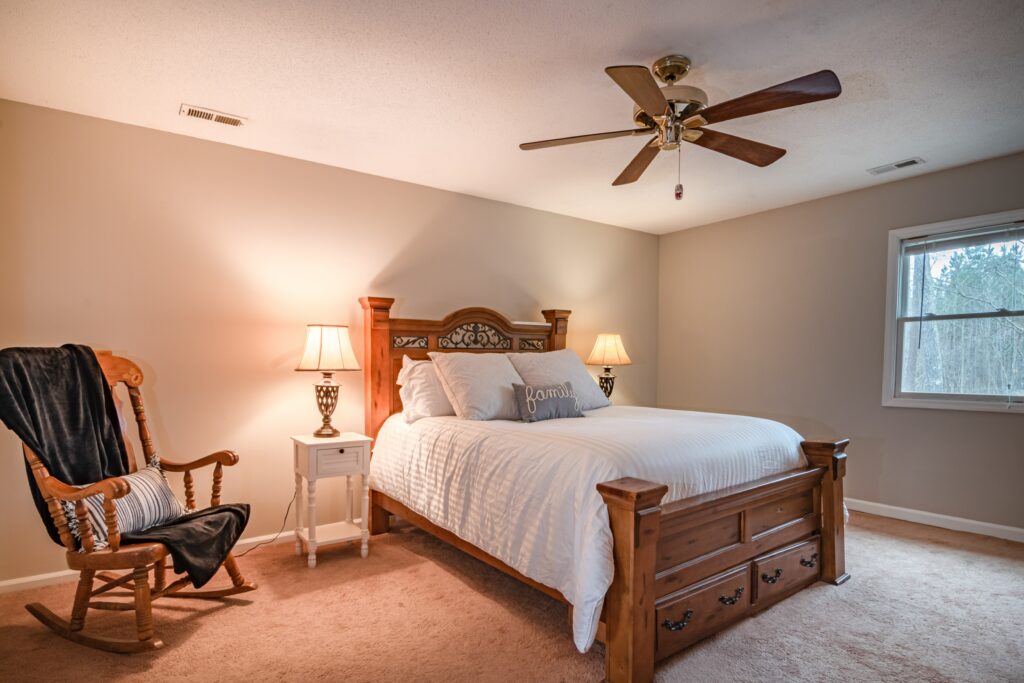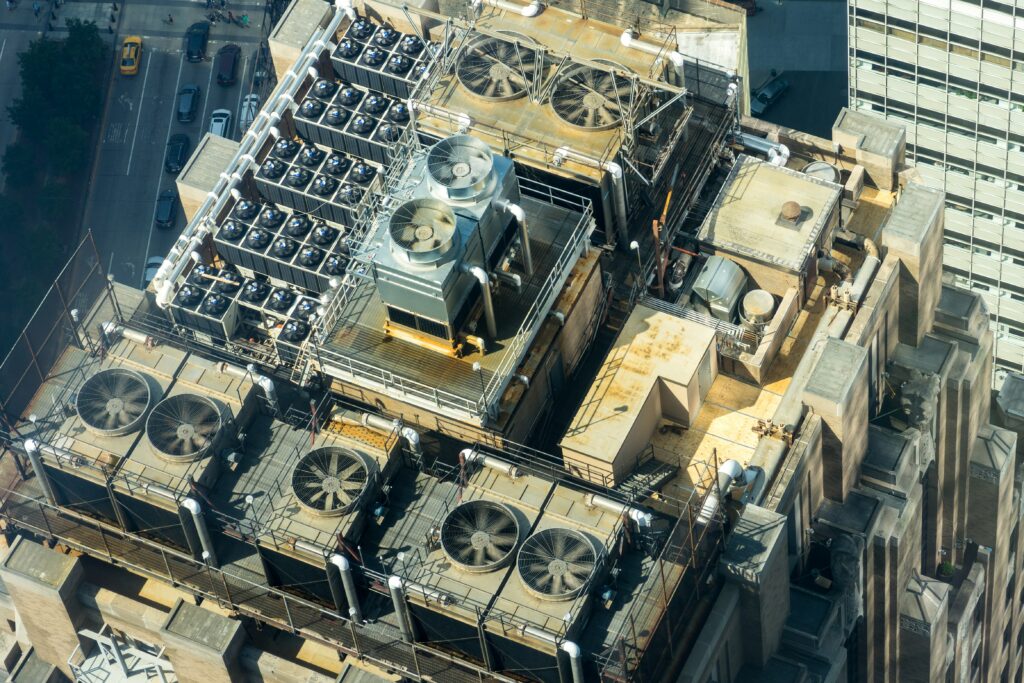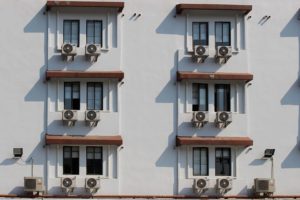As we enter the warm summer months, many people are using their ceiling fans more frequently. While it may seem easy to simply use a ceiling fan, there are some tips and tricks that can help you get the most out of your fan. Below, check out some tips to help you use your ceiling fan more effectively this summer, from the heating and cooling experts at John A. Kinkaid!
Rotation of the Fan Blades
Did you know that most fans can actually change directions? Many ceiling fans have a switch that allows you to change the direction the blades go. During the warm summer months, it’s recommended to set the fan counterclockwise to create a cooling effect. On the other hand, running the fan in a clockwise fashion during the colder months will help circulate warm air throughout the room.
Positioning of Furniture in Room
The position of your furniture in a room can also impact how well your fan works. When considering furniture positioning, ensure there’s enough space between the ceiling fan and other objects. This helps to prevent obstructions that can interfere with the fan’s airflow and efficiency.

Turn the Fan Off when Leaving the Room
If you’re not in a room, be sure to turn off your ceiling fan before leaving. This helps conserve energy and help reduce your monthly energy bills. Leaving fans running in every room throughout the summer can quickly increase your energy usage.
Don’t Forget to Clean the Blades
When was the last time you cleaned your ceiling fan blades? This easy-to-forget spot is often missed, even during household deep cleanings. Dust and debris that accumulates on your fan blades can circulate within the area, causing worsened allergies or other respiratory symptoms. Incorporate fan blade cleaning into your cleaning schedule to help ensure cleaner air quality.
To properly clean your blades, use a damp cloth or a soft brush to gently wipe each blade.
We Can Help
Want to learn more ways to maximize the cooling of your home this summer? The experts at John A. Kinkaid can help. As experts in air conditioning, we can help you find new ways to maximize your home’s cooling and enhance energy efficiency!







